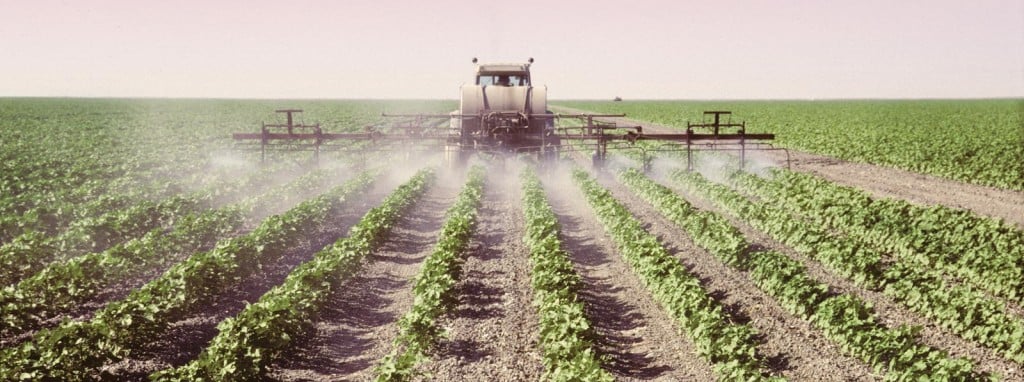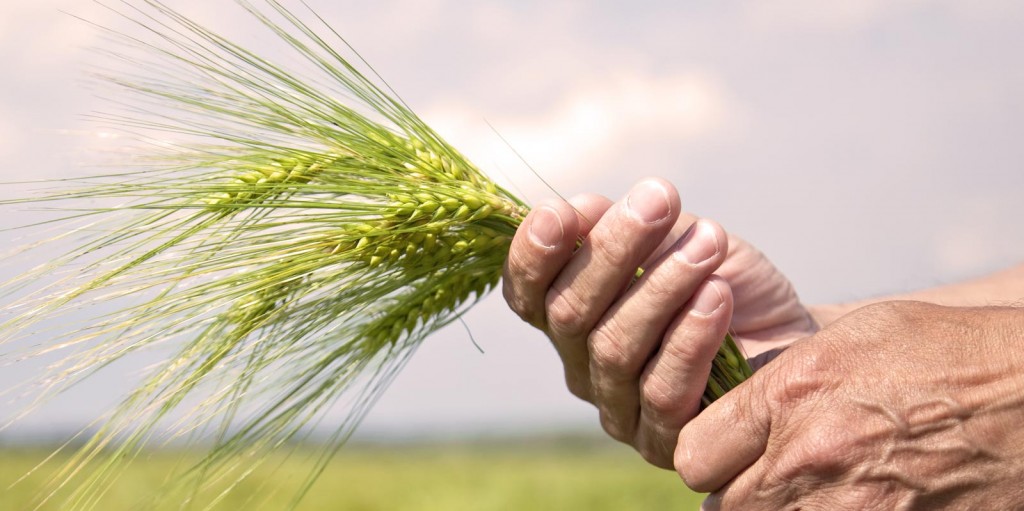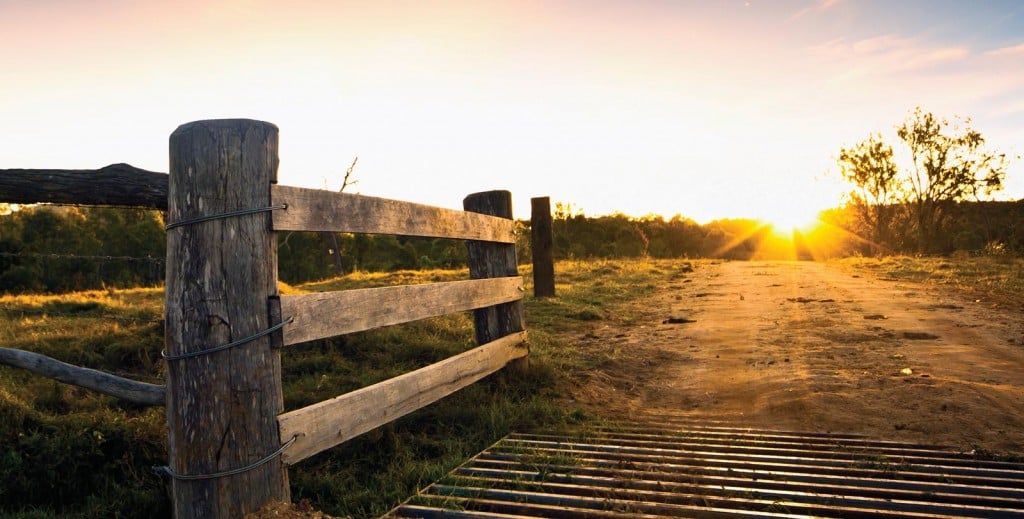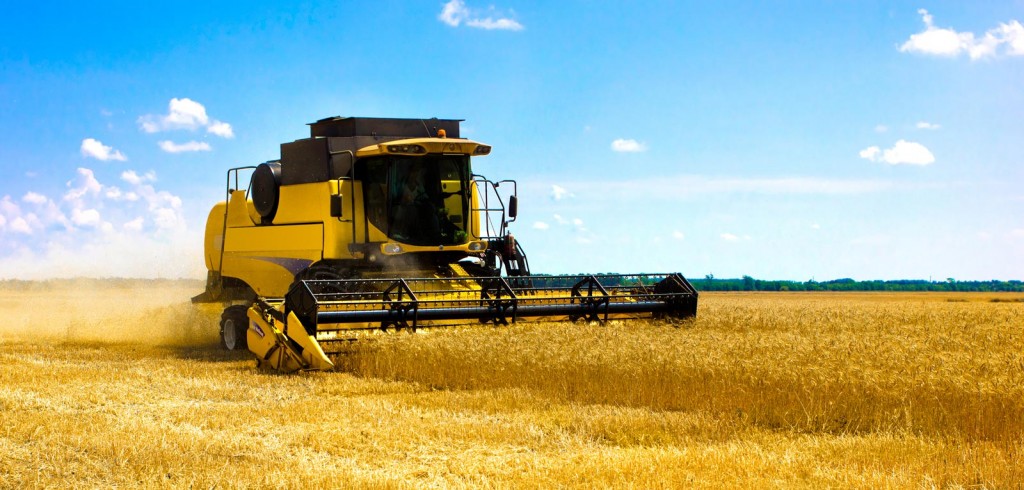Australia’s population and workforce are growing in both number and average age. It’s estimated that within 40 years or so, there will be 38 million of us, with more than double the current proportion of people aged 75 and over (6.4 to 14.4%).
This demographic shift will pose big problems for the Australian economy. Pensions, healthcare and aged care spending will require an extra 6% of national GDP that doesn’t yet exist, and this number will keep going up.
With ongoing improvements in national health and work fitness, people are expected to work longer into their later years. However, for older and returning workers, gaining employment isn’t easy.
The fact is that in most of Australia’s labour markets, there’s an unspoken but very real culture of preferential hiring based on age – and it’s causing the fastest-growing segment of our workforce to go to waste.
However, there’s one industry that already embraces older workers, and that would benefit greatly from a timely injection of ready, willing and able employees. That industry is agriculture, and it has the oldest average worker age in Australia: 53 years old.

Mature workers and agriculture: A perfect fit?
The general consensus among rural employers and labour providers is that mature workers are a better fit for regional (and particularly agricultural) employment.
The main reasoning behind this opinion is, to put it bluntly, the fact that older generations are generally more accustomed to hard work.
These workers grew up in a different generation than the current youth; they understand and appreciate the land and what it means to Australia. Typically, they know someone, or someone that knows someone, who worked the land growing up.
Compared to the current youth labour pool, mature workers also demonstrate a phenomenal work ethic – there’s lower absenteeism, lower turnover, and a higher commitment to performing in tough conditions. This doesn’t mean there is not a significant number of young workers who work hard, but the trend certainly points to older generations being especially well suited to the rigorous demands of agricultural work.
Mature workers who genuinely appreciate how important agriculture is for this generation and the next are, in the long term, an indispensible educational and opinion-leading resource. They need to pass on their message to influencers and younger generations if agriculture is going to survive into the future.
We must however be careful not to over-generalise, in my experience I’ve found there to be three main types within the mature worker demographic working in the agricultural industry.

The 3 types of mature worker:
1. Lifelong workers
2. Relocated mature workers
3. “Super Boomers”
Lifelong workers are those who have stayed in the country and have grown up on the land. They possess a unique skillset and are the main contributors to the high average age in rural employment.
Relocated mature workers are those who come from other areas; they don’t usually possess the same rural skillset as the lifelong workers, though they would have some relevant skills and experience from past work – especially if they previously worked in a trade or production-related role.
Super Boomers are coming from a different financial and/or socio-economical place than the lifelong or relocated workers. They are sea changers who are more interested in seeing the country and living a free, unencumbered lifestyle than in relocating specifically for work.

Harnessing the mature workforce
It is clear that the demand for rural labour is far greater than what our lifelong workers can accommodate.
The ageing population in rural and regional Australia isn’t due to older workers flocking to the country; it is the result of younger jobseekers evacuating these areas in search of other opportunities.
A key driver of this migratory trend is the ongoing PR and reputational crisis surrounding regional and rural work and culture (hard yakka for little reward), while on the other side of the coin there have in recent years been almost endless opportunities for work in the resources sector, particularly in high-paying FIFO roles.
To effectively address rural labour shortages, it is necessary to harness the super boomers and mature jobseekers who are willing to relocate.
These workers’ comparative age and freedom as compared to younger employees is a bonus. They are largely unencumbered, they need or want to work, and they have a wealth of experience and enthusiasm.

Rural employers need to embrace the situation at hand
While mature jobseekers from towns and cities can experience barriers when applying for work, regional employers don’t appear to subscribe to these same types of preconceptions.
In agriculture, mature workers are the norm. It’s therefore important for rural employers to continue to embrace them and make the most of the situation at hand.
Health is improving, fitness for work is improving, and yet the agricultural labour shortage is not improving. The young are flocking to the cities and mines, and our willing mature jobseekers are being turned away often on the basis of their age.
Agri Labour Australia is 100% behind older workers getting back into the saddle, and in helping promote their value to employers throughout the agribusiness and food supply chain. If they are going to be healthier for longer, and if they want the work, it’s a no brainer.





